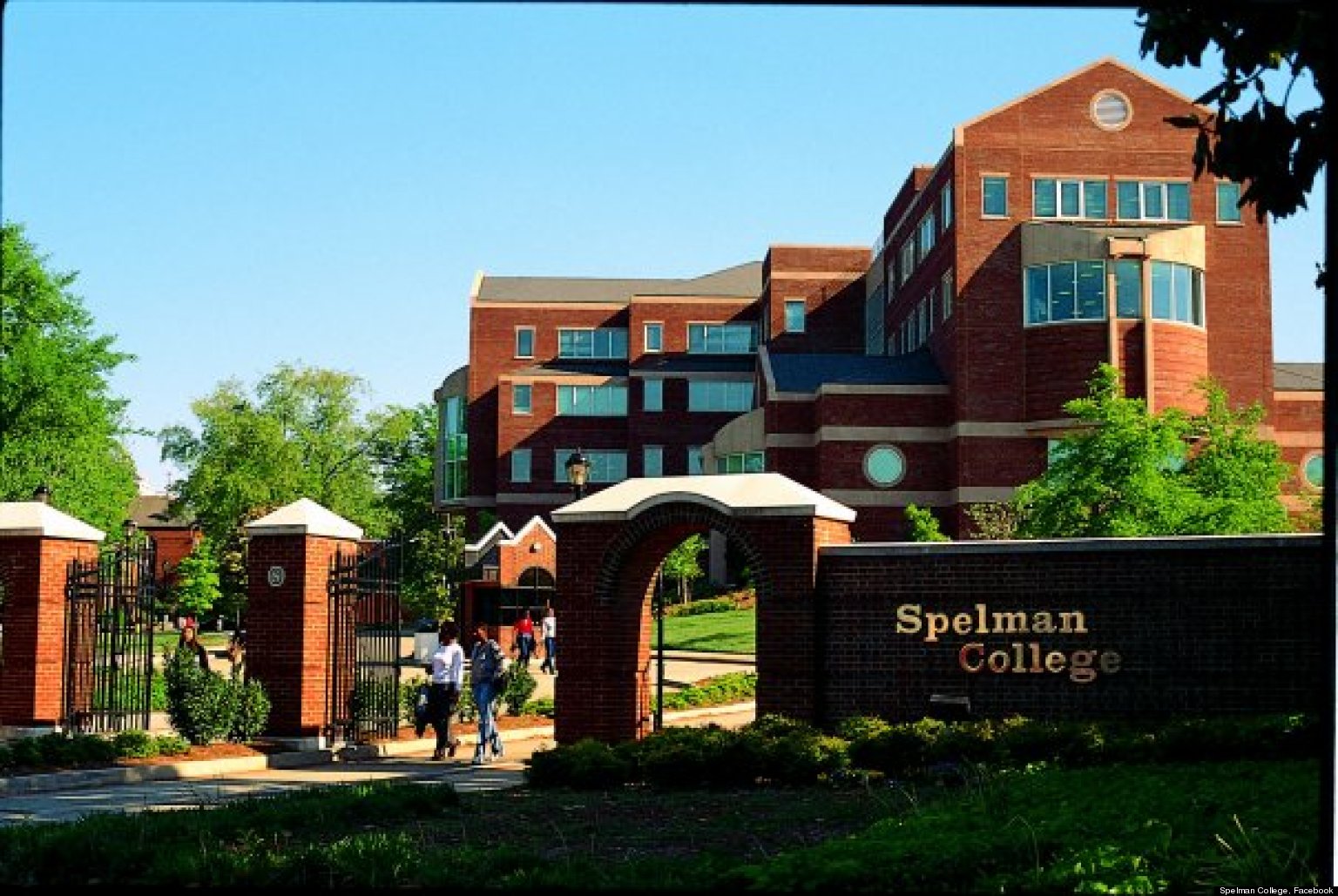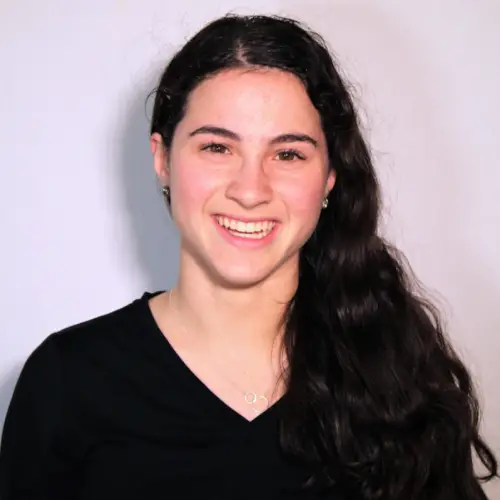In July 2017, President Trump tweeted that transgender individuals could no longer serve in the U.S. military. The announcement came to the surprise of high ranking individuals, who, despite Trump’s claims, were reportedly never informed of the decision.
Federal courts have since then temporarily suspended the ban. However, the policy is once again making the news, as the U.S. Department of Defense is set to announce its revised policy toward transgender involvement in the military forces.
All this is occurring at the federal level. However, it’s also an opportune moment to examine how colleges around the country treat their transgender students. In particular, Spelman College in Atlanta, Georgia recently made changes in their policies to accept transgender women as students.
Spelman College is well known for a number of reasons. It is the oldest historically black college for women in America. In addition, the university has educated a host of strong women who have taken on leadership roles in politics, journalism and activism.
Its celebrated alumnae include Alice Walker, the author of “The Color Purple” and Major General Marcelite J. Harris, the first African-American female general of the U.S. Air Force. And now, the college will be accepting a new group of “Spelmanites”: transgender women.
Early in the school year, Spelman College President Dr. Mary Campbell published a campus-wide letter informing students of the new policy. The college, she wrote, had overseen an evaluation of its admissions policies.
A taskforce of students, faculty and administration had taken a hard look at “evolving definitions of gender identity in a changing world” and was taking steps to “ensure that our policies and plans reflect those changes in a manner that is consistent with our mission and the law.”
As a result of the evaluation, Dr. Campbell announced that “[The college will] consider for admission women students including students who consistently live and self-identify as women, regardless of their gender assignment at birth. If a woman is admitted and transitions to male while a student at Spelman, the College will permit that student to continue to matriculate at and graduate from Spelman.”
The policy will go into effect for students enrolling in the current admissions cycle for the 2018-2019 school year. “In adopting this admissions policy, Spelman continues its fervent belief in the power of the Spelman Sisterhood,” the letter said.
The announcement received mixed responses. Many alumnae, students and onlookers applauded the decision. On Twitter, one user wrote: “The simple notion that Spelman College has made arrangements to accept transgender students…I am so proud. I hope the campus is welcoming.”
Charmagne Helton, a 1994 graduate, told AJD.com, an Atlanta-based site, that she “applaud[s] my beloved alma mater’s proactive stance while still honoring the institution’s traditions.” Other people had misgivings about the decision.
The parents of many Spelman students were concerned. One mother protested the college’s decision in a letter, saying “I have too many questions that need to be answered before I am accepting of this idea. The parents should have been included in this discussion.”
Despite the controversy surrounding the announcement, Spelman is by no means the first college to enact such a policy. According to the Independent, since 2014 at least eight women’s colleges have moved to allow trans women onto their campuses.
These schools include Mills College, Wellesley, Smith, Bryn Mawr and Barnard. And the acceptance of transgender students has progressed over the past three years; in Fall 2017, a survey by Vox noted that 26 of the approximately 40 women’s schools across the U.S. admit at least some transgender students.
The Independent appropriately deemed it “a quiet but momentous shift that’s taking place at a wave of women’s colleges.” In fact, Spelman College is not even the first historically black college or university to make this decision; a few months earlier, Bennet College in Greensboro also began to allow transgender students.
However, Spelman’s new policy stands out in a country where many transgender people still face daily discrimination.
In recent years the lesbian and gay communities have seen a momentous shift in public acceptance, especially in the 2015 Supreme Court case which ensured the right to gay marriage. The transgender community, in contrast, has not received the same level of support.
In February of last year, the U.S. Department of Education renounced the Obama-era guidelines on transgender restroom access, which had said that Title IX protects the rights of students identifying as transgender to use bathrooms and locker rooms that match their gender identities.
They defended their decision by insisting that Title IX prohibited discrimination based on gender, not gender identity. Almost exactly one year later, the Education Department told BuzzFeed news that they would not “investigate or take action on any complaints filed by transgender students who are banned from restrooms that match their gender identity.”
For many, the change in policy was baffling. “It’s the first time officials have asserted this position publicly as an interpretation of law,” a recent article says.
However, the Department of Education’s new policies are hardly an isolated incident. Recent state legislation has also revealed a backlash against the transgender communitr. In an article released this week, the Los Angeles Times reported that 10 states have introduced bills this year that would make life harder for transgender people.
“We’re seeing proposals around the country that would make it harder for trans people to go to work, go to school, participate in public life, or even do things as simple as go to the store or go to a restaurant with their family,” Jay Wu, communications manager at the National Center for Transgender Equality, told the paper.
One could say that, in contrast to the harsh environment of the outside world, college campuses offer a safe and welcoming environment for transgender students. Unfortunately, while this is perhaps true in some cases, evidence shows that transgender students have a difficult time in college.
Barnard College, an all-female institution in New York City affiliated with Columbia University, began accepting transgender women in 2015. However, the college has had its own troubles accommodating its transgender students.
The Columbia Spectator, Columbia University’s student newspaper, recently reported that transgender Barnard students have “struggled to find adequate support and resources, an obstacle that has left them feeling out-of-place on campus.” Students cited a lack of awareness of health services and a lack of counselors trained in LBGT issues.
This past Sunday, Barnard faculty and students gathered to discuss the college’s identity as a women’s college. Barnard does an excellent job supporting women and empowering them to go into the world. However, it seems that women who don’t identify on the typical spectrum for gender expression have a more difficult experience.
At a recent town hall in Barnard, students and professors met to discuss the college’s treatment of transgender and minority students. Panelist Levi Craske ’18, a member of the transgender advocacy GendeRevolution, said that they had been “disillusioned by various things” about Barnard.
They highlighted the administration’s lack of support for transgender and queer students, adding that Barnard “doesn’t always come through for its students.”
If the discussion at Barnard proves anything, it’s that being inclusive is more complicated than it looks. As Spelman College and others take steps toward being more inclusive campuses, there are key questions they must consider.
How can they provide a truly welcoming environment to their transgender students? Perhaps it comes down to faculty and student training on generating a community of inclusiveness. Maybe colleges need to make their students more aware of the services they offer.
As evidenced by the case at Barnard, simply opening up an avenue for enrollment isn’t enough. Hopefully Spelman can learn from the advancements and struggles at its sister institutions how to open its gates and classrooms in the best way possible in the coming year, offering all the resources and support these future Spelmanites need.

















